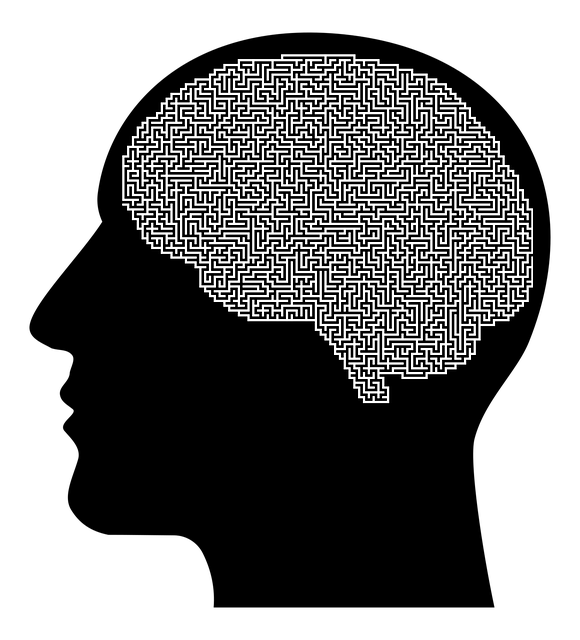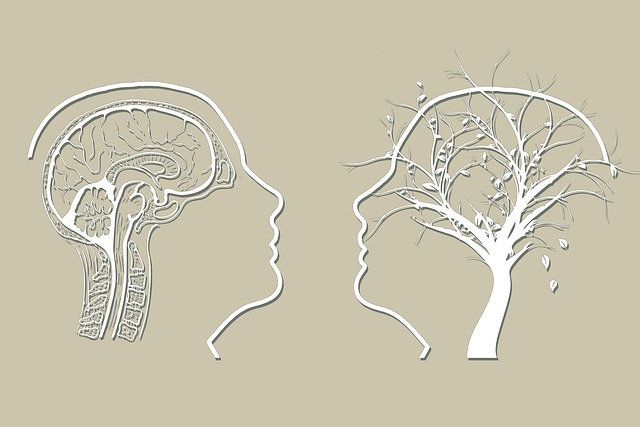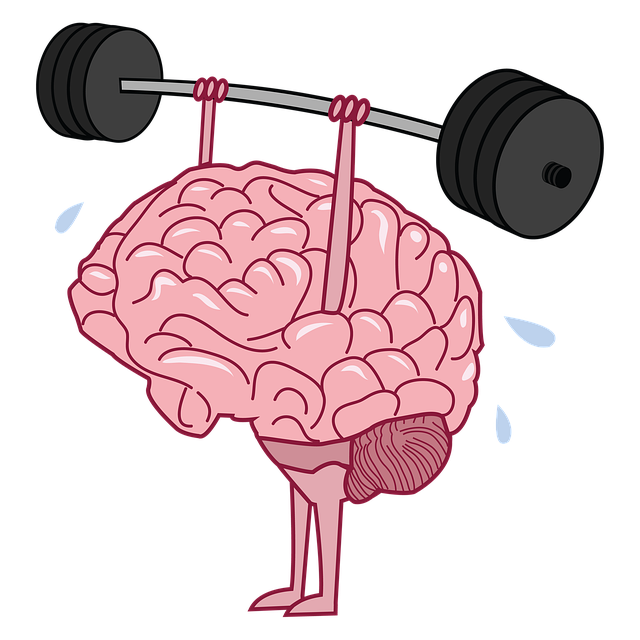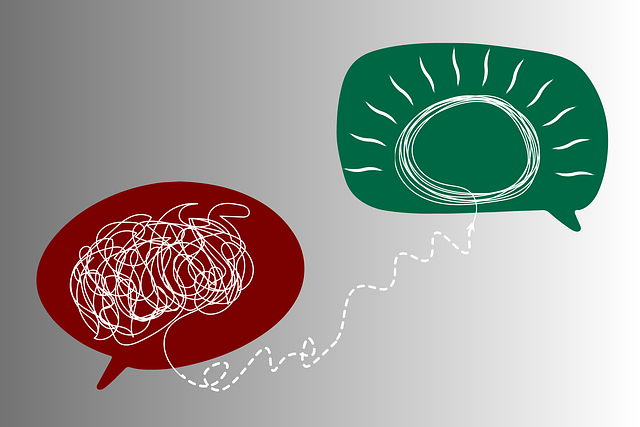Castle Rock Depression Therapy (CRDT) involves addressing complex interplay of genetic, environmental, and neurochemical factors through professional evaluations by mental health experts. Effective CRDT combines therapy with personal growth initiatives like mental wellness coaching for self-esteem and coping strategy development. Evidence-based treatments like CBT and mindfulness promote insights, resilience, and emotional well-being. Building a supportive network with friends, family, and therapists is crucial for recovery, reducing feelings of isolation, and fostering positive thinking.
Mental illness diagnosis and treatment navigation can be a complex and daunting task. This article guides you through the process, focusing on Castle Rock Depression as a case study. We explore understanding mental health diagnoses, navigating the therapy landscape, various therapeutic options for Castle Rock Depression, and building a supportive network to aid in recovery. Discover practical insights and resources to help manage and overcome mental health challenges, with a specific emphasis on effective Castle Rock Depression therapy.
- Understanding Mental Health Diagnoses: Unraveling Castle Rock Depression
- The Navigation Process: Finding Your Way to Effective Therapy
- Therapeutic Options: Exploring Castle Rock Depression Treatment Methods
- Building a Supportive Network: Companions on the Journey to Recovery
Understanding Mental Health Diagnoses: Unraveling Castle Rock Depression

Understanding mental health diagnoses is a crucial step in navigating treatment for conditions like Castle Rock Depression. This specific form of depression, named after its perceived origin in the dense, towering rock formations of Castle Rock, symbolizes the intricate nature of this illness. It’s not merely a lack of happiness but a complex interplay of factors that include genetics, environment, and neurochemicals. The diagnostic process involves thorough evaluations by mental health professionals who employ various tools to assess symptoms, duration, and severity. This meticulous unravelling is essential for accurate diagnosis, which paves the way for tailored Castle Rock Depression therapy.
Mental wellness coaching programs designed for self-esteem improvement and inner strength development play a pivotal role in managing this condition. These programs empower individuals with coping strategies, resilience-building techniques, and skills to challenge negative thought patterns. By fostering mental wellness, these initiatives contribute to overall well-being, enabling those affected by Castle Rock Depression to lead fulfilling lives. Through the integration of professional therapy and personal growth initiatives, individuals can navigate their mental health journey with increased confidence and a renewed sense of purpose.
The Navigation Process: Finding Your Way to Effective Therapy

Navigating the path to effective therapy can be a daunting task, especially when facing mental health challenges. The process begins with recognizing the need for support and taking that initial step towards seeking help. Many individuals struggle with understanding their symptoms and connecting them to potential treatments, which is where specialized assistance becomes invaluable. A thorough assessment by a qualified professional is the cornerstone of this journey. This involves exploring personal experiences, emotions, thoughts, and behaviors to gain insight into the underlying causes of distress.
In the context of Castle Rock Depression Therapy, for instance, therapists employ various evidence-based approaches tailored to individual needs. Mindfulness Meditation techniques can help manage symptoms by fostering emotional regulation and promoting present-moment awareness. Effective communication strategies, a vital component of therapy, enable individuals to express themselves openly, enhancing understanding between the client and therapist. By combining these elements, the navigation process aims to empower individuals to find their unique path to healing and well-being.
Therapeutic Options: Exploring Castle Rock Depression Treatment Methods

In the context of Castle Rock Depression Therapy, a multitude of therapeutic options are available to aid individuals in managing and overcoming their mental health challenges. The journey towards recovery often involves a combination of evidence-based treatments tailored to address specific symptoms and underlying causes. One prominent approach is cognitive-behavioral therapy (CBT), which focuses on identifying and modifying negative thought patterns and behaviors contributing to depression. This therapeutic method empowers individuals with coping skills development, enabling them to challenge distorted perceptions and adopt healthier strategies for managing emotions.
Additionally, interventional techniques such as mindfulness-based therapies and stress reduction programs have proven effective in Castle Rock depression treatment. These practices promote anxiety relief and burnout prevention by teaching individuals to stay present, cultivate awareness, and effectively manage stressors. Through these therapeutic methods, those struggling with depression can gain insights, develop resilience, and reclaim control over their lives, paving the way for lasting recovery and improved overall well-being.
Building a Supportive Network: Companions on the Journey to Recovery

Building a supportive network is an integral part of navigating mental illness and fostering recovery. It’s akin to finding your allies in the journey towards emotional well-being, much like seeking guidance at Castle Rock Depression Therapy. These companions come in various forms—from friends and family who offer unwavering support and understanding to professional therapists who provide specialized mood management techniques.
Having a strong network enables individuals to share their experiences, exchange valuable emotional well-being promotion techniques, and cultivate positive thinking. It provides a safe space for expression, reassurance, and encouragement during challenging times. By leaning on this network, individuals can feel less isolated in their struggles, fostering resilience and hopefulness as they chart their path towards recovery.
Navigating a mental health diagnosis can feel like an intricate labyrinth, but with the right tools and support, managing and overcoming conditions like Castle Rock Depression is achievable. By understanding diagnoses, employing effective navigation strategies, exploring therapeutic options, and building a supportive network, individuals can embark on a journey towards recovery. Remember that seeking help is a courageous first step; with persistent effort and the right resources, healing and a brighter future are within reach, offering hope for a more fulfilling life despite challenges like Castle Rock Depression therapy.














